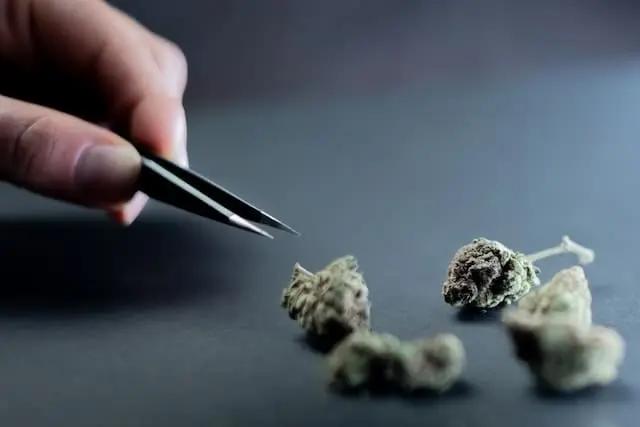- Contact Us Now: (818) 275-2465 Tap Here to Call Us
The Creation of Cannabis Extracts and Distillates: Who Can Do It and What Regulations Govern the Process?

Introduction
Cannabis extracts and distillates have gained popularity among consumers due to their potency, versatility, and potential therapeutic benefits. As the demand for these products continues to grow, it is essential to understand who is allowed to create them and the regulations that govern their production. This blog post will provide an overview of the entities that can create cannabis extracts and distillates, as well as the regulations that ensure the safety, quality, and compliance of these products.
Who Can Create Cannabis Extracts and Distillates?
In the United States, only licensed cannabis manufacturers are allowed to create cannabis extracts and distillates. These manufacturers must obtain the necessary licenses and permits from their respective state agencies to legally produce and sell these products. The licensing process typically involves meeting strict requirements, including background checks, facility inspections, and adherence to various state and local regulations.
In states where adult-use and medical cannabis are legal, such as California, cannabis manufacturers must obtain a Type 6 (non-volatile) or Type 7 (volatile) manufacturing license from the state’s regulatory authority (in California, it’s the Bureau of Cannabis Control) to produce extracts and distillates. Additionally, manufacturers must comply with local zoning, land use, and business permitting requirements.
Regulations Governing the Creation of Cannabis Extracts and Distillates
The production of cannabis extracts and distillates is highly regulated to ensure the safety, quality, and compliance of these products. Some of the key regulations governing their creation include:
Safety and Quality Standards: Cannabis manufacturers must adhere to strict safety and quality standards when producing extracts and distillates. These standards typically include Good Manufacturing Practices (GMP) and may involve guidelines on facility design, equipment, sanitation, employee training, and record-keeping. Additionally, manufacturers are required to test their products through licensed testing laboratories to ensure they meet state-mandated potency, purity, and safety requirements.
Solvent Use: Some extraction methods, particularly those involving volatile solvents such as butane or propane, can pose significant safety risks if not properly managed. To mitigate these risks, regulations often require manufacturers to use approved equipment, maintain adequate ventilation, and implement appropriate safety measures during the extraction process. In some cases, the use of specific solvents may be restricted or prohibited altogether.
Waste Management: The production of cannabis extracts and distillates generates various byproducts and waste materials, which must be managed and disposed of according to state and local environmental regulations. Manufacturers are typically required to develop and implement waste management plans that detail how they will handle, store, and dispose of hazardous and non-hazardous waste materials generated during the extraction process.
Track and Trace: To ensure the integrity and compliance of the cannabis supply chain, manufacturers must participate in their state’s track and trace system (e.g., Metrc in California). This requires them to report various data points related to the production, transportation, and sale of cannabis products, including the movement of cannabis extracts and distillates between different stages of production.
Conclusion
The production of cannabis extracts and distillates is a highly regulated process reserved for licensed cannabis manufacturers. These manufacturers must navigate a complex web of safety, quality, and compliance requirements to ensure that their products meet the high standards demanded by both regulators and consumers. As the cannabis industry continues to evolve and mature, it will be essential to maintain and refine these regulations to promote consumer safety, support responsible business practices, and foster a thriving and sustainable market for cannabis extracts and distillates.

